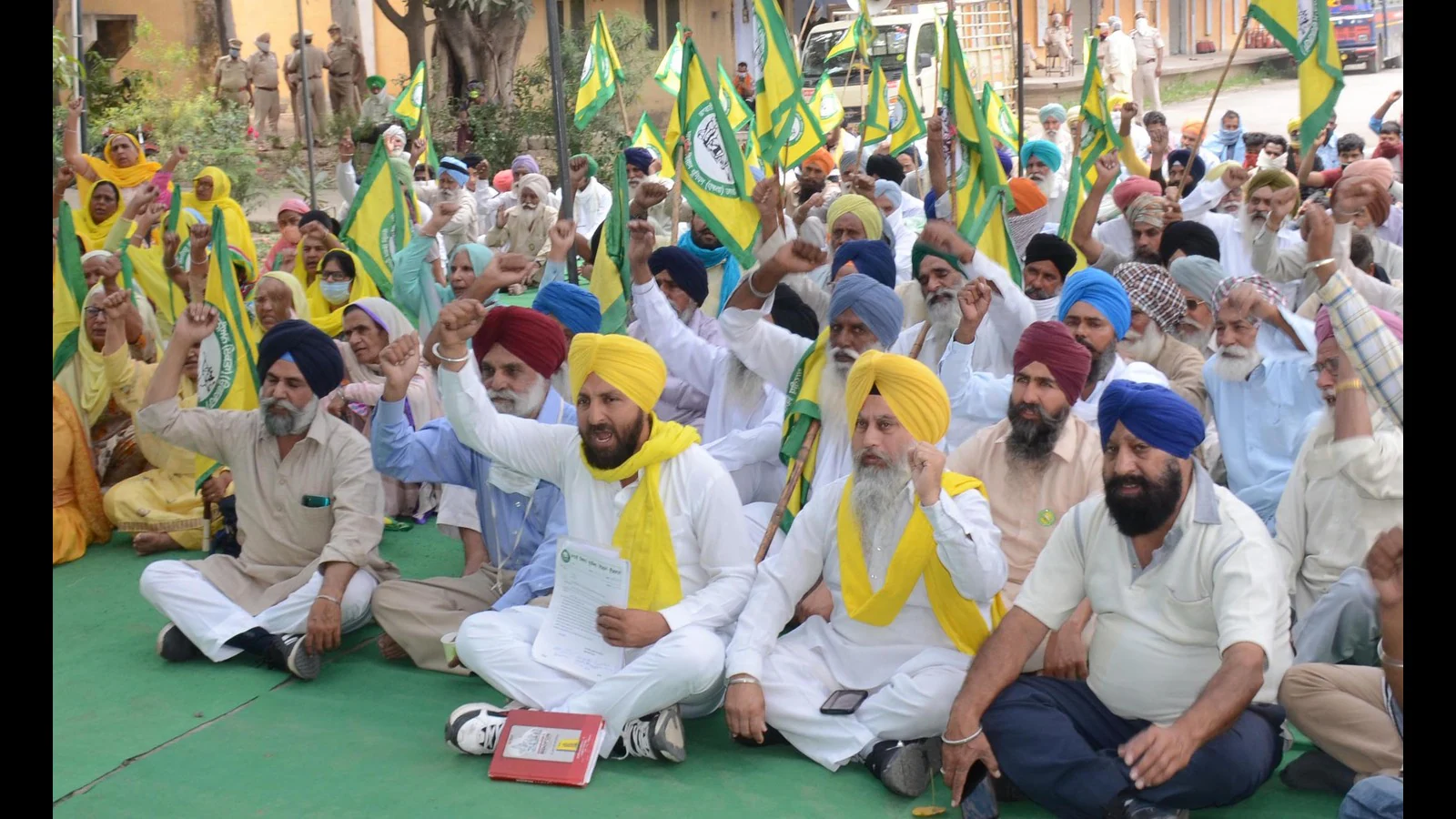Who’s Left Out? Inside BKU (Ekta Ugrahan)’s Stand Against the Land-Pooling Plan

Punjab news today is again focused on the farmers’ agitation—now against the contentious land-pooling policy for urbanization. At the center of the agitation is one of the most vocal and resilient farmer groups in the state: Bhartiya Kisan Union (Ekta Ugrahan).
As emerging reports of latest breaking news today continue, the protest unfolds huge faultlines between stories of development and interests of people who earn their livelihood from the land.
The Punjab government’s land-pooling plan, designed primarily to acquire farm land for the construction of urban infrastructure in towns and cities, is conceived as a “win-win model.” Farmers will gain through appreciation of real estate over long periods and will share in the returns from urban development, officials say. BKU (Ekta Ugrahan) believes that this is a subtle land-grab policy in favor of private builders and bureaucrats at the cost of the farmer’s livelihood and rights.
Understanding Land Pooling: Promise and Reality
The farmers voluntarily relinquish their land to the government, which agriculturalizes it as a residential or commercial area. The owners of the farms get an equal proportion of the developed land.
Even though on paper in appears liberal, BKU (Ekta Ugrahan) views it as exploitative, particularly for marginal farmers, sharecroppers, and landless laborers who don’t legally own the land but survive from it.
BKU activists state that land pooling does not account for the social network of rural Punjab, or for the intricate webs of dependence in farm societies. They demand that land and livelihood decisions cannot be boiled down to numbers in government revenues projections.
Ground Realities: Who’s Really Left Out?
It is one of the strongest criticisms by BKU (Ekta Ugrahan) that land pooling renders a large number of rural society uncounted. Sharecroppers, for example, who lease land from major farmers, are neither paid nor mentioned. Landless laborers, comprising primarily of Dalit origin, are entirely excluded in the official plans but form the backbone of Punjab’s agrarian economy.
As Punjab news today reveals, the protests in Ludhiana, Bathinda, and Sangrur districts have brought such gaps into focus. Women also have led the protests, with BKU women members conducting sit-ins and demonstrations, calling for the reversal of the plan or restructuring it to make it fair and just.
A Clash of Development Models
What is being witnessed is more than a difference in policy—it is a struggle between two visions of development. The government has a vision of market-driven urban development. BKU (Ekta Ugrahan) is based on land rights, justice, and participatory democracy.
In latest breaking news today, farm leaders served notice to the government that if it did not listen to them, then the protests would escalate and spill over into all of Punjab. They demanded public consultations, legal assurances for all rural worker categories, and a moratorium on compulsory land acquisition.
Political Implications and Public Support
With polls just around the corner, this opposition has taken on a political color. BKU (Ekta Ugrahan) is still staunchly independent of the mainstream political parties, but its increasing popularity with rural voters can do wonders for political calculations.
Opposition parties have already begun to express solidarity, but the unionists are wary of how many parties did not rally behind the 2020–21 farmers’ protest till the time it became politically expedient.
Current Punjab news today segments indicate rising public sympathy towards the farmer’s cause, particularly among urban youth, students, and workers.
The growing coalition is a reflection of a larger concern about how land policies are restructuring Punjab’s social and economic make-up.
In conclusion, the fight for justice continues.
To put it briefly, the long-running BKU (Ekta Ugrahan) protests against Punjab’s land-pooling plan have exposed the systemic issues of land ownership, class division, and governmental accountability.
The scheme, rather than being a panacea, is bringing fresh exclusions along. It’s also a reminder that development, independent of justice, is another displacement.
For those following Punjab news today or reading the latest breaking news today, this is not merely a case of farmers losing their land. It’s a question of a greater struggle for dignity, acceptability, and the right to determine one’s own future on one’s own land.
BKU (Ekta Ugrahan) is posing a simple question to the state—and to society: Who’s been left behind, and why their voice is not yet heard?
Read More:- Why Granite Cookware Set Is the Ultimate Choice for Durability




